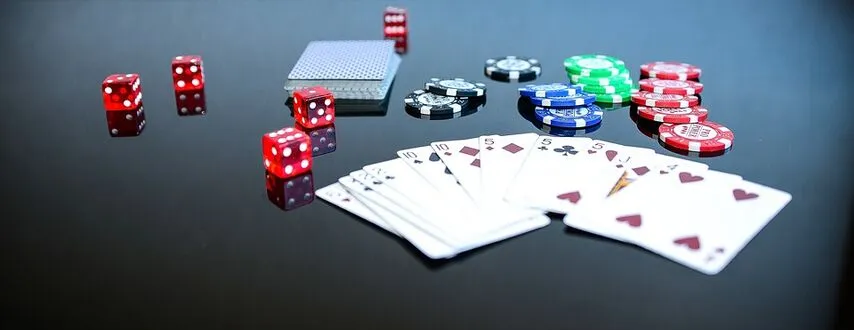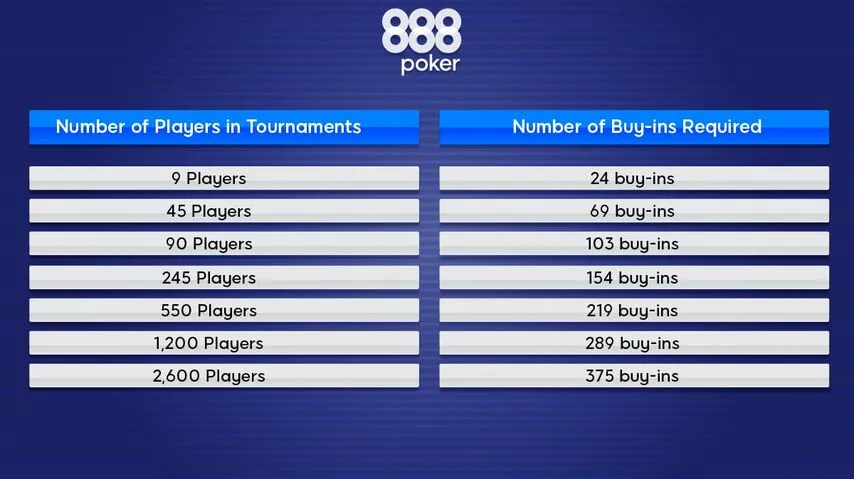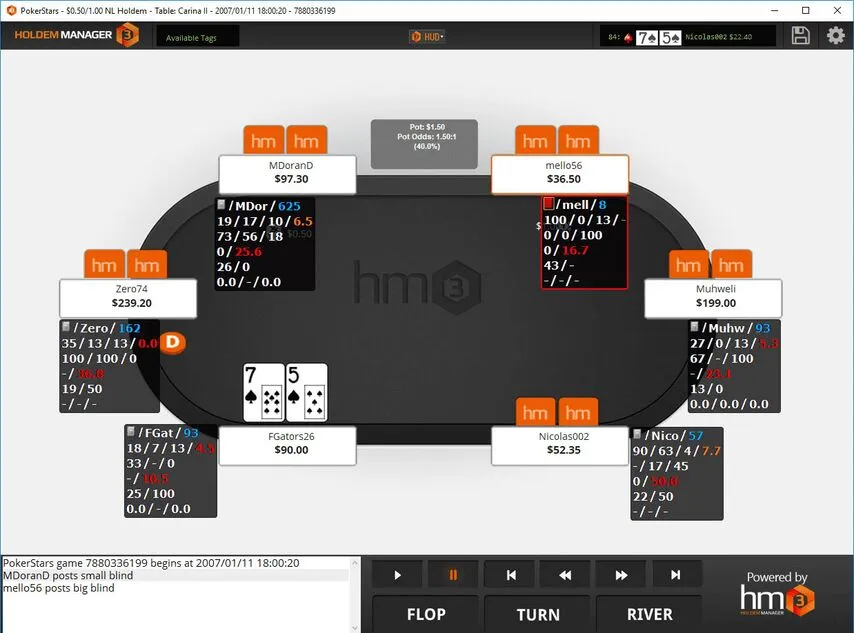Every year, thousands of new players join the poker game, all making many of the same mistakes. Learning from other people's mistakes is harder than learning from your own, but it saves time. By "mistakes" we don’t just mean calling 3-bets out of position, limping under the gun, or other situations at the poker table. Much more dangerous miscalculations can happen and become obstacles to success.
Here are the biggest and most common poker mistakes for beginners in both live poker and online poker:
- Splitting effort and time between cash, MTT or Spin&Go
- Incorrect allocation of time between studying and playing
- Lack of a clear plan for growth in limits
- Losing money due to loss of control
- Rejection of useful tools due to unwillingness to understand them

Any of the above mistakes can be fatal to a beginner’s career and bankroll. Many newbies in tilt lost all the money from their accounts and did not find the strength to return. Some climbed to higher limits without a sufficient reserve of funds and were punished by variance. Some simply chose the wrong discipline, quickly got bored, and put an end to their poker dreams. These are all common afflictions of beginners, but they can be cured.
Now, we’re going to explain some of the biggest poker mistakes beginners make.
Not Choosing a Poker Discipline to Focus On
If you are wondering how to fix poker mistakes, this is the first issue to rectify.
Finding your calling is not easy, not only in life but also in poker. The lobby of a modern poker room offers Texas Holdem, Omaha, Seven-Card Stud, Draw Poker and other types of poker games. It becomes even more difficult for beginners due to the variety of poker disciplines:
- Cash
- MTT
- Spin&Go
- Sit&Go
Often, newbies go to the first discipline they come across and may simply not get to the one where they feel comfortable. The most common situation: a player went to the cash tables but after a few weeks felt bored and quit poker. All because in his imagination he wanted to sit at a table covered with stacks of dollars and hold the winner's trophy in his hands. Obviously, such a poker player needs to go to MTT, not suffer at the cash tables.

We recommend that you study all the disciplines and each type of poker at the start. If you are interested in playing, you will grow faster. Concentrating on one discipline will allow you to progress faster. PokerStars has the broadest range of formats, but the disciplines (MTT, cash, etc) are more or less the same on all online poker sites.
All Play – No Learning or Studying to Improve
Many online and live poker players fail to correctly distribute time between study and practice. The most radical example is a beginner who completely ignores training and only wants to play. In the rarest of cases, these self-taught people turn out to be naturals and overcome the path from micro-limits to sky-high peaks on their own and without systematic training. For most players, this option will not work – they (at best) will quickly hit a wall without adequate training.
At the initial stage, it is reasonable to pay more attention to learning than to practice. It is not difficult to guess how a game of poker will end without knowing the rules. At the dawn of online poker, coaches recommended devoting 1 hour to theory and 4 hours to practice.
Now beginners are advised to distribute time 1:1. But don't blindly stick to the idea: "50% of the time I play, 50% of the time I analyze." Some players quickly implement theory into their strategy, while others need more time. Haste leads to superficial perception and confusion in the head. The key idea is that you need to work on the game, but determine the exact numbers yourself.
Ignoring Bankroll Management
Bankroll is the money in your poker room account. You should manage it wisely, otherwise there is a high probability of seeing $0 in the cash register.
Often, beginners do not know how to manage a bankroll or do not even realize the need for any management. They make a deposit of $50, go to NL25, quickly give away two buy-ins, and close the client. Smart poker players act differently.
Bankroll management comes down to a simple question: "How many buy-ins do I need to play at a specific limit?" At lower limits, there are more weak players and less variance, so the bankroll requirements are softer. However, as the limits increase, you need to increase your "safety margin." Even the strongest players can find themselves in a situation where they lose money for weeks. Skillful bankroll management will keep them from falling in limits and will help them cope with psychological pressure.

For NL2, $60 (30 buy-ins) is often enough. At NL10, it is advisable to increase the number of buy-ins to at least 50. At each new height, make it a rule to create a denser "safety cushion". Bankroll management should be approached conservatively.
Falling Prey to Tilt and Emotions
Another obstacle to success is something called “tilt”. Tilt is the loss of the ability to play adequately under the influence of emotions. A typical example: a poker player loses a preflop comparison with Aces and loses control. As a result, he becomes more careless: plays too many pots, calls with insufficiently strong hands, and makes stupid bluffs. The result is huge losses, an order of magnitude greater than the loss with Aces.
Everyone is susceptible to tilt, but few understand the importance of working on psychology. Over the past decades, Jared Tendler has made a huge contribution to the development of poker psychology. Their books have helped many players reach a new level. The sooner you learn to control your emotions at the table, the more money and nerves it will save you.
Ignoring Poker Programs
Poker software is a great tool in the right hands. Some beginners either don't understand all the benefits or underestimate the contribution of software to their growth. Poker trackers help collect played hands and display information in real-time. The most popular software for collecting statistics is Holdem Manager 3.

Hand analysis calculators are also very useful. They are convenient for working with ranges and practicing combinatorics. Playing with statistics allows you to find gaps in your opponent's strategy and exploit them. Many beginners are put off by the price of trackers or calculators. But the programs pay for themselves in a few weeks and then the benefits from them only grow. The best poker software at the best prices is always available in our GipsyTeam store.





























